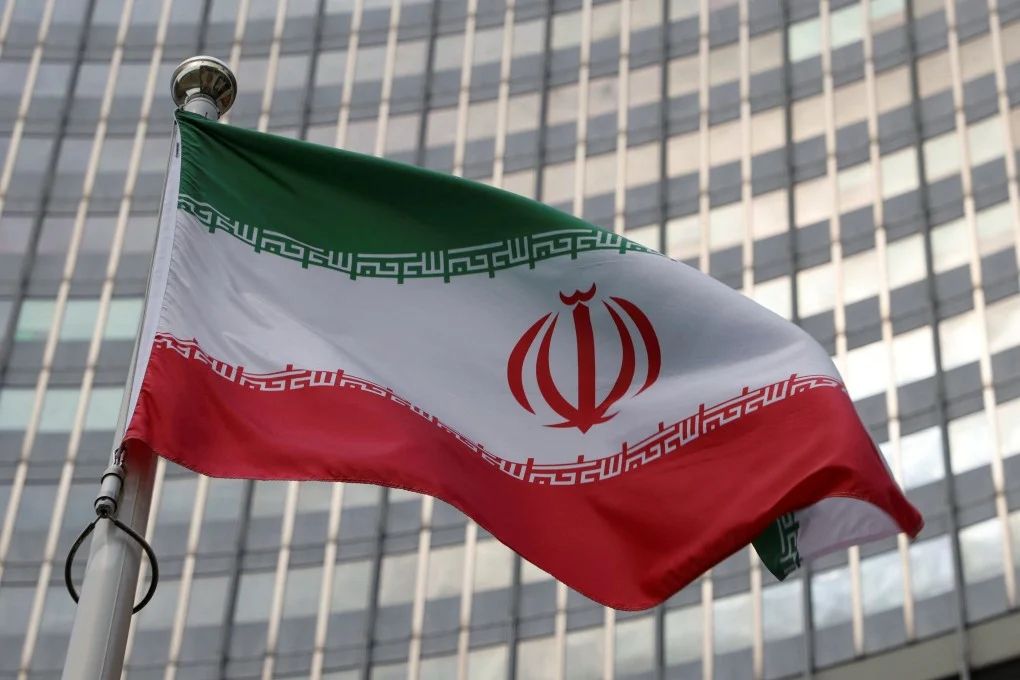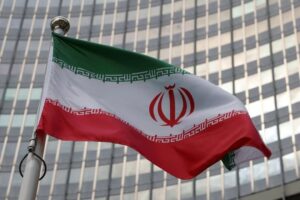Iran Passes Law to Halt Cooperation with UN Nuclear Watchdog Amid Rising Tensions with US, Israel

Iran Passes Law to Halt Cooperation with UN Nuclear Watchdog Amid Rising Tensions with US, Israel

Iran’s parliament on Wednesday passed a bill authorizing the suspension of the country’s cooperation with the United Nations nuclear watchdog, the International Atomic Energy Agency (IAEA). The move comes in direct response to recent airstrikes reportedly carried out by Israel and the United States targeting Iranian nuclear facilities. According to state-affiliated media outlet Nournews, lawmakers argued that the IAEA failed to condemn the attacks, undermining its neutrality and credibility.
The bill, which received overwhelming support, mandates a halt to inspections, surveillance, and other monitoring activities conducted by the agency, signaling a sharp escalation in Iran’s standoff with Western powers over its nuclear programme.
The measure, which still requires final approval from Iran’s Supreme National Security Council to take effect, signals Tehran’s growing frustration with international bodies and what it sees as double standards over its nuclear programme.
Iran maintains that its nuclear activities are entirely peaceful and denies seeking nuclear weapons.
Parliament Speaker Mohammad Baqer Qalibaf said Iran would now “accelerate its civilian nuclear programme,” and criticised the IAEA for failing to condemn the air strikes on Iranian nuclear facilities. He claimed the agency had “put its international credibility up for sale.”
“For this reason, the Atomic Energy Organisation of Iran will suspend its cooperation with the Agency until the security of the nuclear facilities is guaranteed, and move at a faster pace with the country’s peaceful nuclear programme,” Qalibaf was quoted as saying.
Earlier in the week, the parliament’s national security committee approved the general framework of the bill. Its spokesperson, Ebrahim Rezaei, said the measure would halt the installation of surveillance cameras, inspections, and reporting to the IAEA.
The vote comes after the IAEA passed a resolution accusing Iran of breaching its non-proliferation obligations, a move Tehran claims paved the way for Israel’s attacks. The situation has been further escalated by US airstrikes on Iranian nuclear facilities last weekend.
Speaking to Qatar-based outlet Al-Araby Al-Jadeed on Tuesday, Iranian Foreign Minister Abbas Araqchi suggested a possible shift in Tehran’s stance, stating: “I believe our perspective on the nuclear programme and the non-proliferation regime is likely to change, though it’s too early to determine the exact direction.”






